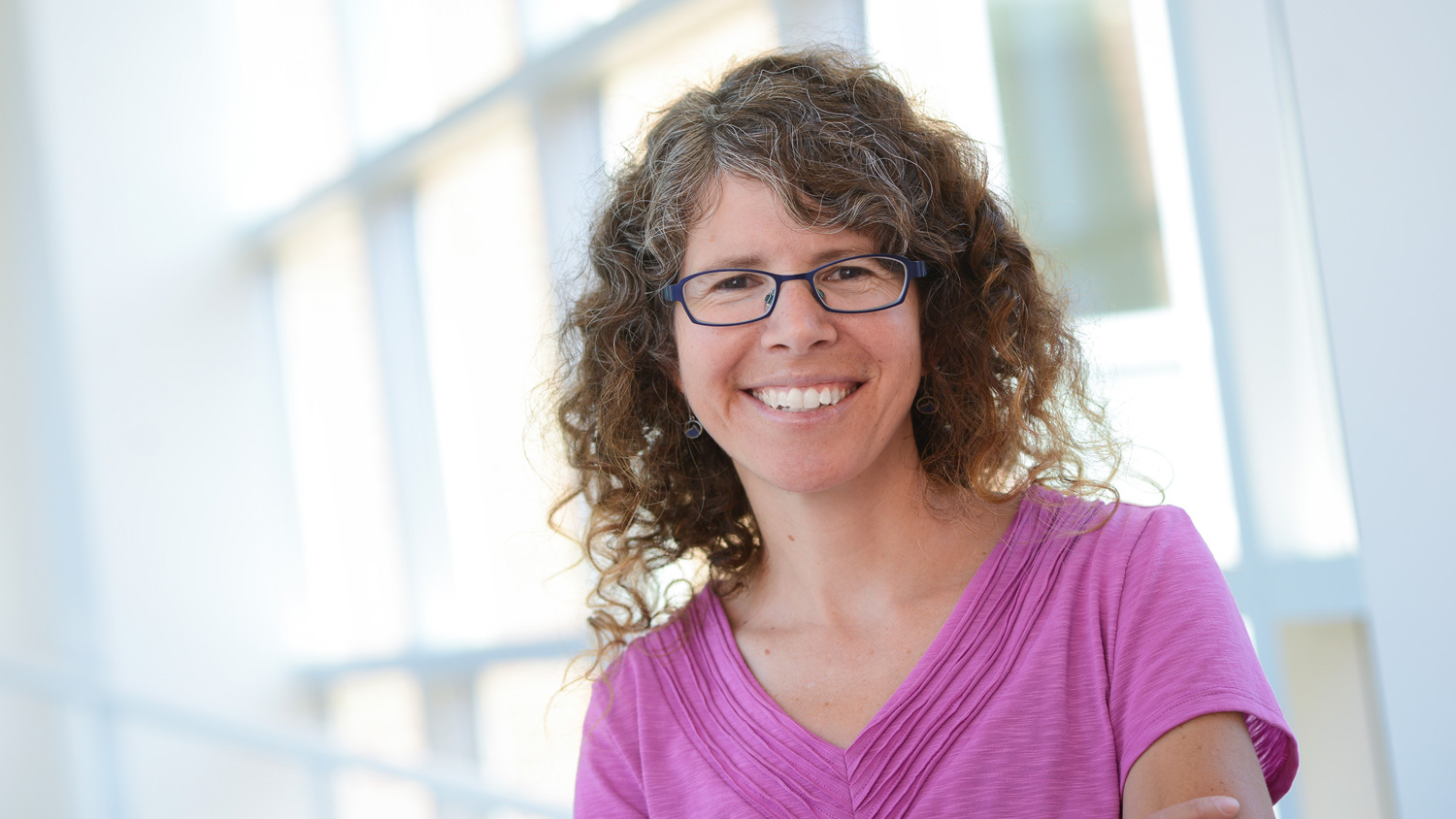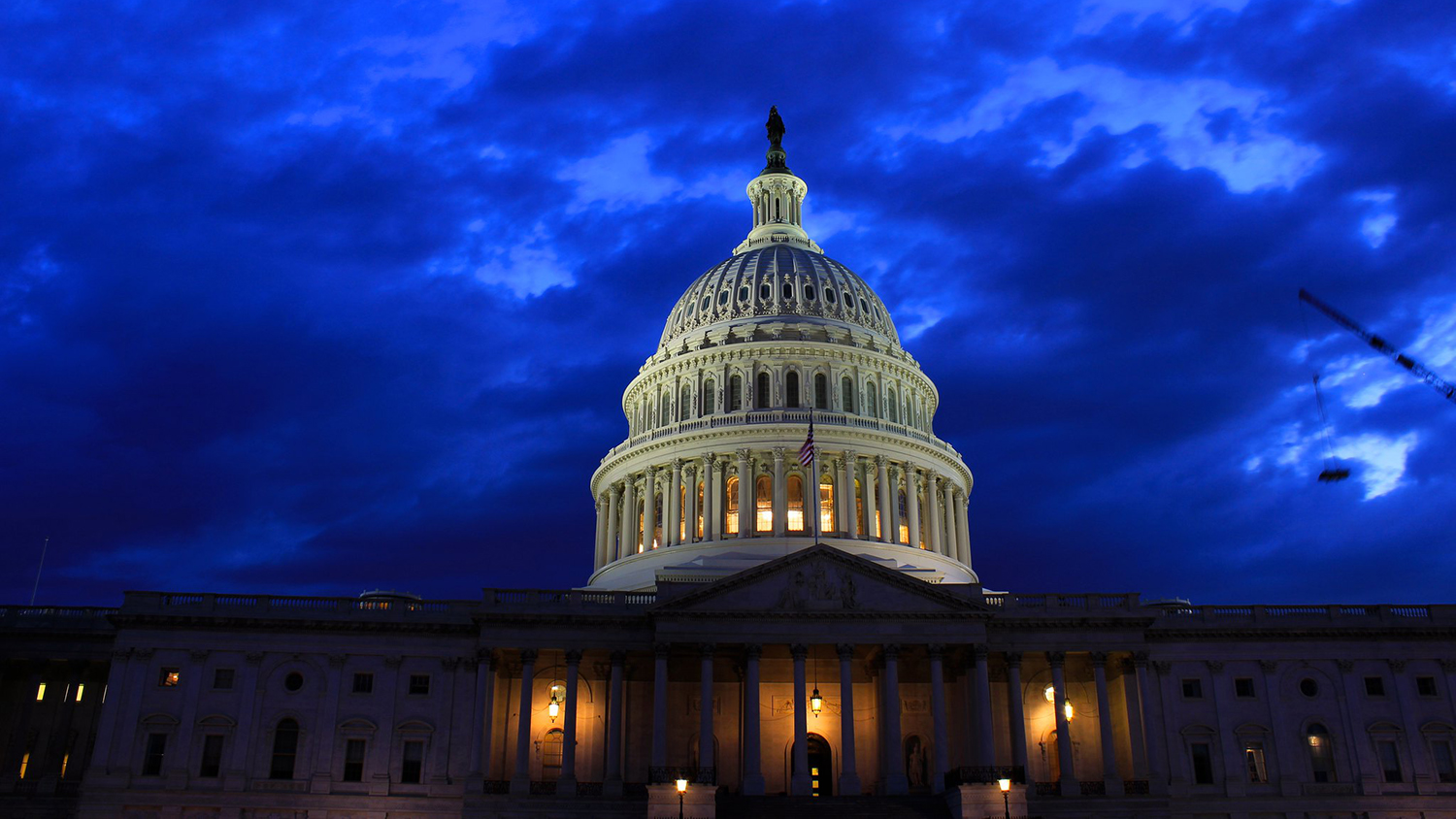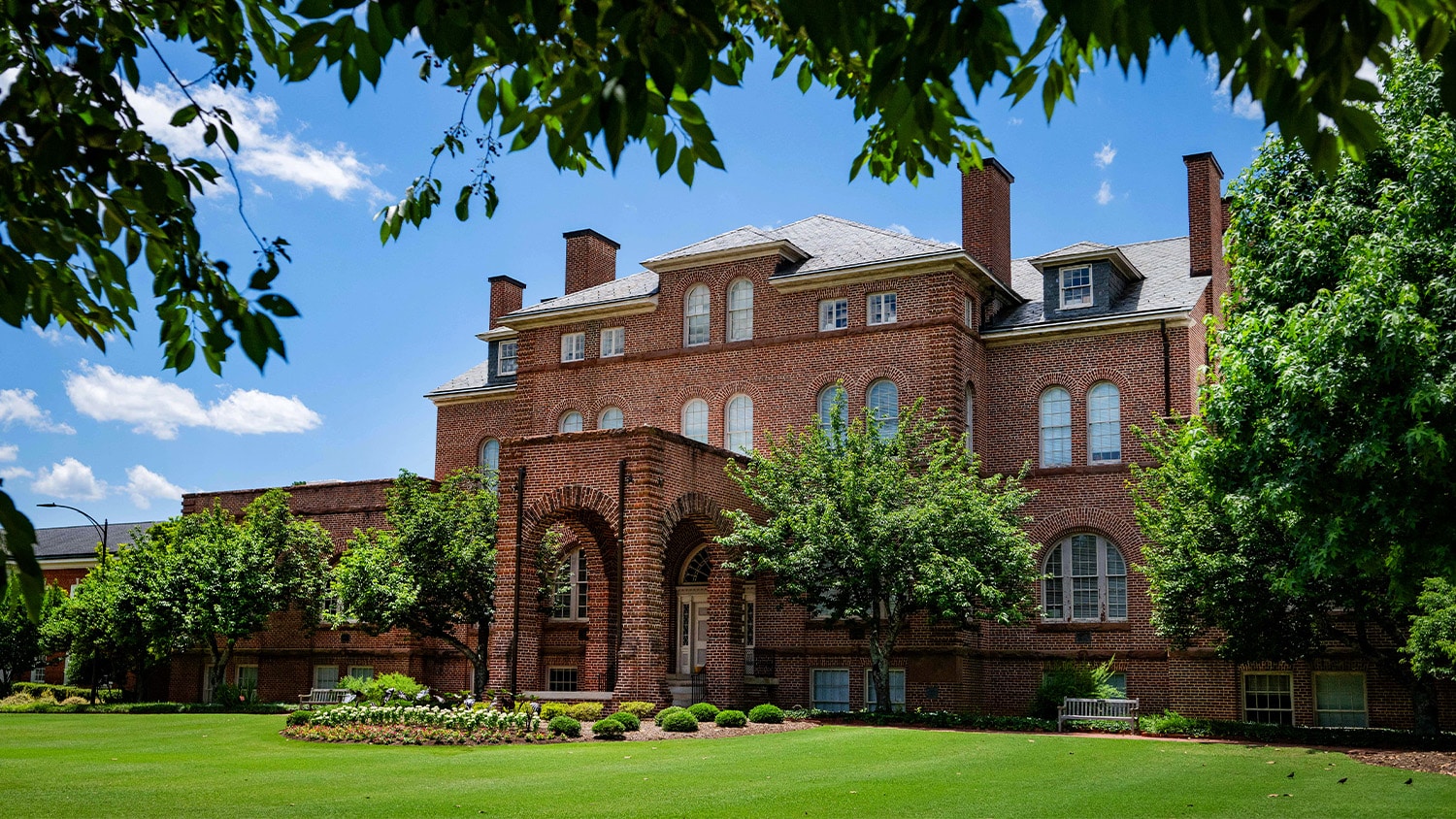In the Colorado Rockies, climate warming is melting the snow earlier and earlier. With an earlier snowmelt comes earlier spring blooms and, as Rebecca Irwin in the Department of Applied Ecology has found, so too comes an earlier emergence of bees.
Irwin has spent the past several decades at the Rocky Mountain Biological Laboratory in Colorado studying how climate warming affects the phenology and abundance of bees and how that impacts their interactions with their host plants. As she has done every summer for the past 15 years, Irwin will return again this summer to survey bees at 16 sites that span across an elevation gradient.

But unlike in previous years, Irwin will be extending her visit through the fall for a sabbatical, made largely possible by the George J. and Rhoda W. Kriz Faculty Study Leave Endowment.
“Our goal in establishing this endowment is to stimulate faculty members to be as productive as possible and grow in their professions,” George Kriz says.
The Kriz Endowment will enable Irwin to study the region’s bees during a very interesting time of year she doesn’t normally get the opportunity to observe.
“The fall is a strange time period in that leaves fall off the trees, it gets cold, but it can still be a fairly long time before the snow comes. It’s cold for bees without that snow blanket,” Irwin says. “We’re really interested in the degree to which that snow blanket might actually provide benefits to the bees. What happens if we manipulate that snow blanket? How is that affecting bee survival the following year?”

Using her own test plots as well as flowering data and weather data collected by collaborators at the station since the 1970s, Irwin has found consistent patterns between climate warming and bees in the Rocky Mountains. While the earlier emergence of bees coincides with the earlier emergence of flowers, which is a good thing, according to Irwin, the timing of bee emergence varies from species to species. More significant, however, is the availability of flowers throughout the season.
The number of flowers a plant will produce is predetermined in prior seasons. Earlier flowering therefore means that there is a set number of flowers spread across more days, leaving more days with fewer flowers overall.

“There are going to be winners and losers with climate warming, and that’s what you’d expect. I would not have the expectation, especially in the ecosystems we work in, that all bees are going to perish, at least not in any immediate future,” Irwin says.
For example, Irwin has found that some bees, like small sweat bees, do very well in the warm years. On the other hand, her data also shows that bumble bees, of which there are 16 species in her study area, fare relatively poorly in a warming world.
For people who want to help pollinators in their own yard, Irwin recommends that they pay particular attention to planting native, frost-hardy species that flower early in the spring.
“My study area in the Rockies is an ecosystem where there’s no agriculture nearby. There is no major urban center nearby. There are also no non-native honeybees. So we have an opportunity to isolate the effects of climate warming in the absence of some of these other things that we know affect bees to really understand what is going to happen with bee populations and their phenology with climate warming.”

While Irwin notes that her data are specifically relevant for northern temperate systems with snow, the patterns in her data can be used to inform conservation efforts more generally. For people who want to help pollinators in their own yard, Irwin recommends that they pay particular attention to planting native, frost-hardy species that flower early in the spring.
Irwin will leave for the Rocky Mountain Biological Lab in June and return in time for the Spring 2025 semester. During her sabbatical, Irwin will use part of the Kriz Endowment funds to visit bee collections at the University of Colorado and Utah State University where she will aim to identify several parasitic bee species in her collection.
Irwin is immensely grateful to George Kriz and his late wife, Rhoda, whose generosity made the Faculty Study Leave Endowment possible. George Kriz is a retired professor emeritus from NC State who took on administrative roles at the university. Throughout his tenure, he saw a gap in the needs and encouragement of faculty to pursue study leave. It was a gap he was determined to help fill.
Contribute to the Kriz Endowment
This post was originally published in College of Agriculture and Life Sciences News.
- Categories:



